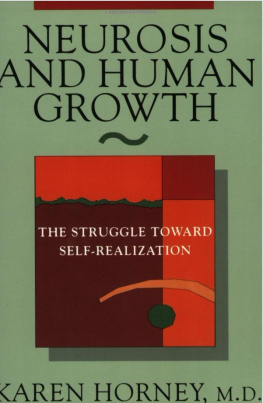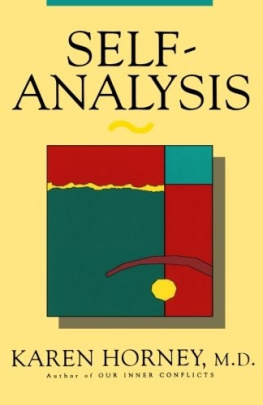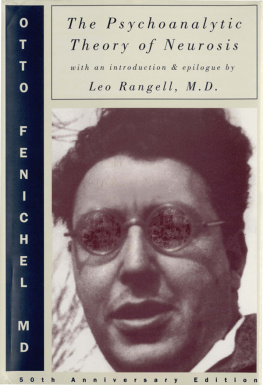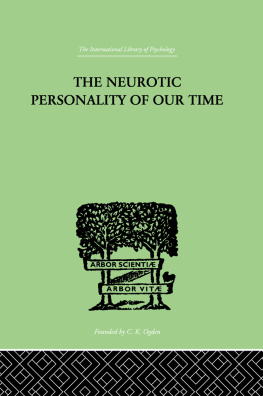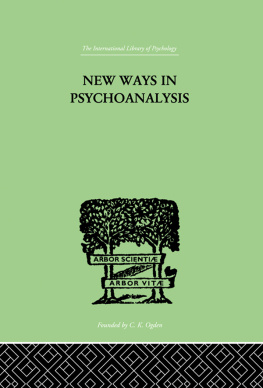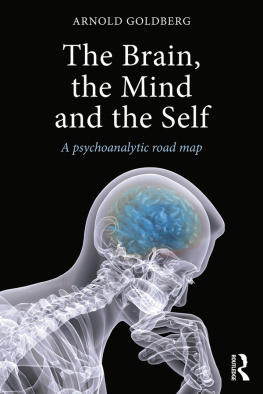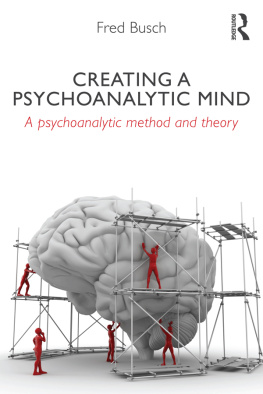Table of Contents
KAREN HORNEY M.D.
NEUROSIS AND HUMAN GROWTH
The Struggle Toward Self-Realization
ACKNOWLEDGMENT
I feel sincere gratitude to Hiram Haydn for his thoughtful help in organizing the material of this book, his constructive criticism with regard to the clarification of certain issues in it, and all his other active and time-consuming efforts.
The writers to whom I feel indebted are referred to in the text; but I also want to express my appreciation for some stimulating discussions on the subject matter with Dr. Harold Kelman and for helpful comments made by my colleagues, Dr. Isidore Portnoy and Dr. Frederick A. Weiss; and I should like to thank my secretary, Mrs. Gertrud Lederer, for her intelligent interest and untiring efforts regarding the manuscript and the Index.
K.H.
INTRODUCTION: A MORALITY OF EVOLUTION
THE NEUROTIC process is a special form of human development and because of the waste of constructive energies which it involvesis a particularly unfortunate one. It is not only different in quality from healthy human growth but, to a greater extent than we have realized, antithetical to it in many ways. Under favorable conditions man's energies are put into the realization of his own potentialities. Such a development is far from uniform. According to his particular temperament, faculties, propensities, and the conditions of his earlier and later life, he may become softer or harder, more cautious or more trusting, more or less self-reliant, more contemplative or more outgoing; and he may develop his special gifts. But wherever his course takes him, it will be his given potentialities which he develops.
Under inner stress, however, a person may become alienated from his real self. He will then shift the major part of his energies to the task of molding himself, by a rigid system of inner dictates, into a being of absolute perfection. For nothing short of godlike perfection can fulfill his idealized image of himself and satisfy his pride in the exalted attributes which (so he feels) he has, could have, or should have.
This trend in neurotic development (which is presented in detail in this book) engages our attention over and beyond the clinical or theoretical interest in pathological phenomena. For it involves a fundamental problem of moralitythat of man's desire, drive, or religious obligation to attain perfection. No serious student concerned with man's development will doubt the undesirability of pride or arrogance, or that of the drive for perfection when pride is the motivating force. But there is a wide divergence of opinion about the desirability or necessity of a disciplinary inner control system for the sake of insuring moral conduct. Granted that these inner dictates have a cramping effect upon man's spontaneity, should we not, in accordance with the Christian injunction ("Be ye perfect..."), strive for perfection? Would it not be hazardous, indeed ruinous, to man's moral and social life to dispense with such dictates?
This is not the place to discuss the many ways in which this question has been raised and answered throughout human history, nor am I equipped to do so. I merely want to point out that one of the essential factors upon which the answer hinges is the quality of our belief about human nature.
Broadly speaking, there are three major concepts of the goal of morality which rest upon these different interpretations of essential human nature. Superimposed checks and controls cannot be relinquished by anyone who believesin whatever termsthat man is by nature sinful or ridden by primitive instincts (Freud). The goal of morality must then be the taming or overcoming of the status naturae and not its development.
The goal must be different for those who believe that there is inherent in human nature both something essentially "good" and something "bad," sinful, or destructive. It will center upon the insurance of the eventual victory of the inherent good, as refined, directed, or reinforced by such elements as faith, reason, will, or gracein accordance with the particular dominating religious or ethical concept. Here the emphasis is not exclusively upon combating and suppressing evil, since there is also a positive program. Yet the positive program rests either upon supernatural aids of some sort or upon a strenuous ideal of reason or will, which in itself suggests the use of prohibitive and checking inner dictates.
Lastly, the problem of morality is again different when we believe that inherent in man are evolutionary constructive forces, which urge him to realize his given potentialities. This belief does not mean that man is essentially goodwhich would presuppose a given knowledge of what is good or bad. It means that man, by his very nature and of his own accord, strives toward self-realization, and that his set of values evolves from such striving. Apparently he cannot, for example, develop his full human potentialities unless he is truthful to himself; unless he is active and productive; unless he relates himself to others in the spirit of mutuality. Apparently he cannot grow if he indulges in a "dark idolatry of self (Shelley) and consistently attributes all his own shortcomings to the deficiencies of others. He can grow, in the true sense, only if he assumes responsibility for himself.
We arrive thus at a morality of evolution, in which the criterion for what we cultivate or reject in ourselves lies in the question: is a particular attitude or drive inducive or obstructive to my human growth? As the frequency of neuroses shows, all kinds of pressure can easily divert our constructive energies into unconstructive or destructive channels. But, with such a belief in an autonomous striving toward self-realization, we do not need an inner strait jacket with which to shackle our spontaneity, nor the whip of inner dictates to drive us to perfection. There is no doubt that such disciplinary methods can succeed in suppressing undesirable factors, but there is also no doubt that they are injurious to our growth. We do not need them because we see a better possibility of dealing with destructive forces in ourselves: that of actually outgrowing them. The way toward this goal is an ever increasing awareness and understanding of ourselves. Self-knowledge, then, is not an aim in itself, but a means of liberating the forces of spontaneous growth.
In this sense, to work at ourselves becomes not only the prime moral obligation, but at the same time, in a very real sense, the prime moral privilege. To the extent that we take our growth seriously, it will be because of our own desire to do so. And as we lose the neurotic obsession with self, as we become free to grow ourselves, we also free ourselves to love and to feel concern for other people. We will then want to give them the opportunity for unhampered growth when they are young, and to help them in whatever way possible to find and realize themselves when they are blocked in their development. At any rate, whether for ourselves or for others, the ideal is the liberation and cultivation of the forces which lead to self-realization.
I hope that this book, by a clearer exposition of the obstructing factors, may, in its own way, help toward such liberation.
K. H.
CHAPTER 1: THE SEARCH FOR GLORY
Whatever the conditions under which a child grows up, he will, if not mentally defective, learn to cope with others in one way or another and he will probably acquire some skills. But there are also forces in him which he cannot acquire or even develop by learning. You need not, and in fact cannot, teach an acorn to grow into an oak tree, but when given a chance, its intrinsic potentialities will develop. Similarly, the human individual, given a chance, tends to develop his particular human potentialities. He will develop then the unique alive forces of his real self: the clarity and depth of his own feelings, thoughts, wishes, interests; the ability to tap his own resources, the strength of his will power; the special capacities or gifts he may have; the faculty to express himself, and to relate himself to others with his spontaneous feelings. All this will in time enable him to find his set of values and his aims in life. In short, he will grow, substantially undiverted, toward self-realization. And that is why I speak now and throughout this book of the real self as that central inner force, common to all human beings and yet unique in each, which is the deep source of growth.
Next page
